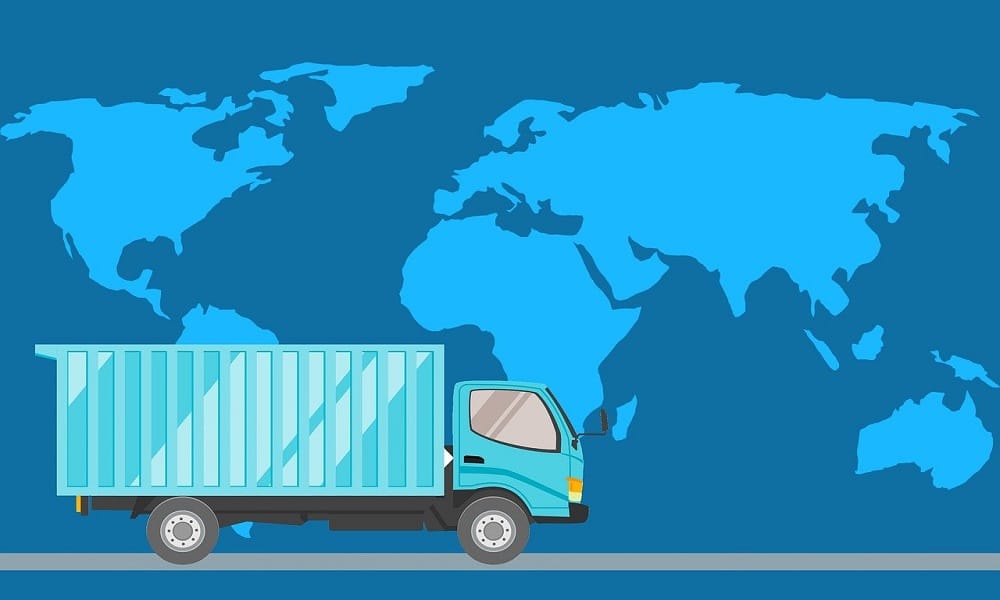Have you ever dreamed of driving a big rig and delivering important cargo to various places? Perhaps you want to engrave your name within the trucking industry and become one of the leading companies. If so, then you’ve come to the right place. Starting a long-haul trucking company is no small accomplishment, but if you go about this the right, it can be one of the most rewarding experiences you can have. In this post, we’ll be covering how you can start a long-haul trucking company.
Research Your Niche
Although the premise of long-haul trucks may sound simple enough, they can be rather complex. There are many reasons as to why this is, but one of the most prominent factors is the niche. Trucking companies aren’t one and the same as they cater to various niches. Some companies specialize in delivering food and drinks while others may deliver farming equipment.
That said, there’s no right or wrong answer when it comes to choosing a niche. However, you shouldn’t go with the first idea that comes into mind. Choosing a solid niche requires plenty of strategic planning. It may take you a bit of time, but it’s important to do your research and pick a niche that suits your goals. Below is a quick list of trucking niches you can consider centering your business around:
- Luxury car
- Hazmat hauling
- Retail goods
- Perishables
- Animals
These are among some of the most common and profitable hauling niches you can choose from. But don’t stop with what we’ve listed; explore around and see what resonates with you more.
Understand Rules and Regulations
As you continue your research, it’s vital that you understand the rules and regulations. Operating these types of vehicles can be very exhausting for the drivers, which is why there are limitations. If you’ve been driving for eight hours straight, you need to take a 30-minute to an hour break. In addition, drivers are also mandated to at least 10 hours off duty.
Another thing we need to point out is the vehicles themselves. Many vehicles that are utilized for business purposes are considered to be commercial vehicles. However, the Federal Motor Carrier Safety Administration (FMCSA) has a slightly different definition. Depending on the type of vehicle and the work that’ll be performed, you and your drivers might be mandated to apply for a commercial driver’s license. There’s a whole slew of information to learn by researching on the FMCSA’s website.
Secure the Right Type of Insurance
Before any trucking company can legally operate, you must procure the proper insurance policies. Insurance is used to protect you, your company, your drivers, and the vehicles in the event of a legal issue. Here’s a list of all the necessary insurance policies trucking companies need to have:
- General liability
- Primary liability
- Physical damage
- Motor cargo
- Bobtail
- Rental reimbursement
- Medical insurance
If you plan on delivering specific cargo, like frozen goods for example, then you’d need an insurance policy called reefer breakdown coverage. This is why it’s crucial for you to have a deep understanding of your niche, so you know what insurance policies you need to invest in.
Practice Proper Compliance and Safety
You want your trucking business to be accredited and trustworthy, you must practice the proper safety measures and remain compliant. You need to either meet the expectations set by the Department of Transportation (DOT) or exceed them. To be compliant with the DOT’s guidelines, you must show that you and your drivers don’t use any drugs or alcohol. Another way to show you’re compliant is to always adhere to an inspection, which are random. Second, you must also have routine maintenance for all your trucks to maximize the safety of the driver. There are other forms of compliance, which you can review on the DOT’s website.
Recruit Top Talent
It should go without saying that you won’t be much of a trucking company without drivers. But we’re not talking about hiring remote employees obviously, or just any kind of drivers. Long-haul trucking, while lucrative, is very demanding and can be stressful at times. That’s why it’s critical that you screen every applicant thoroughly. Here’s a list of all the qualifications you need to look for when hiring trustworthy truck drivers:
- Valid commercial driver’s license
- Driving record is clean
- Able to pass the test provided by the DOT
- Exceptional communication skills
- An abundance of knowledge in the equipment you use
- Perform basic vehicle maintenance
Finding a truck driver may not be as easy as it first appears. You need to make sure you can trust them to get the job done, follow protocol and have experience on their seatbelt. Granted, the hiring process does go both ways; the applicants need to know they’re putting their career in the right hands before they get behind the wheel.


